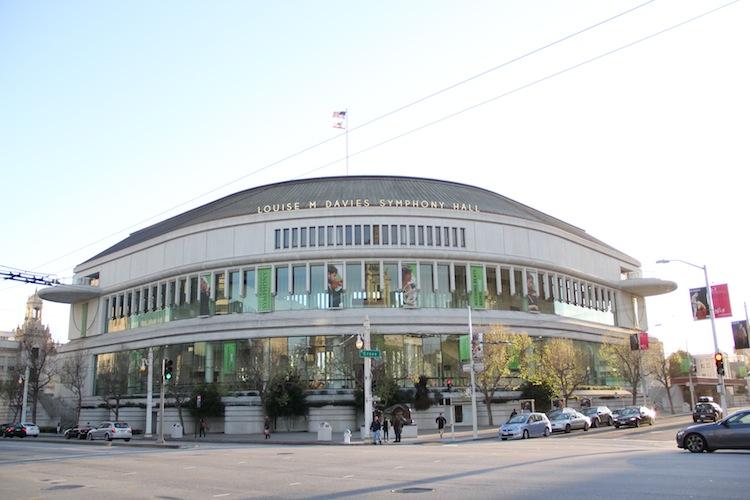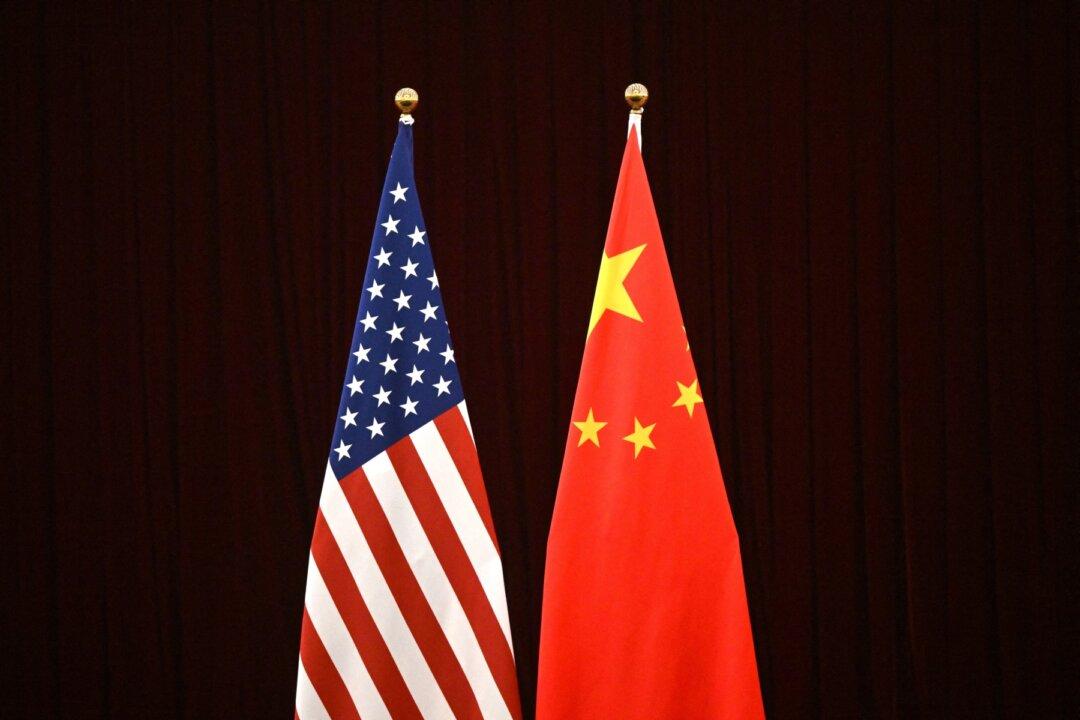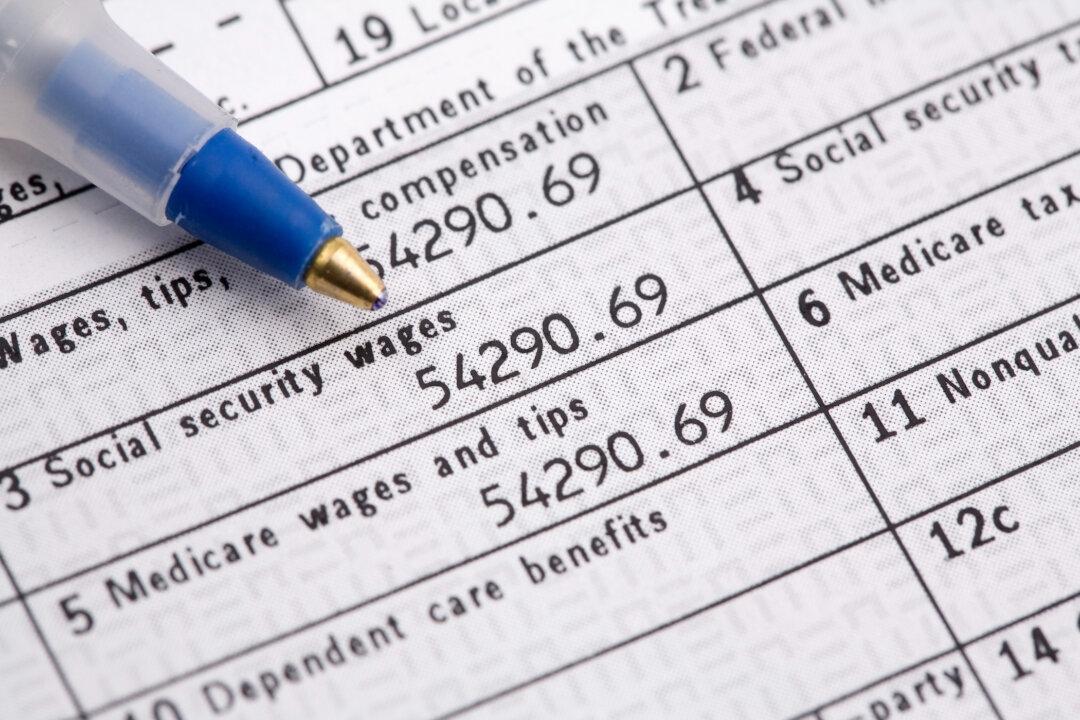Commentary
When rich nations fall into recession, their governments do what they can—but after 100 years of socialism (the entire 20th century), those governments know now not to intervene in the economy. To prevent a financial crisis, yes, they loan money to banks, but otherwise, they stay back.





